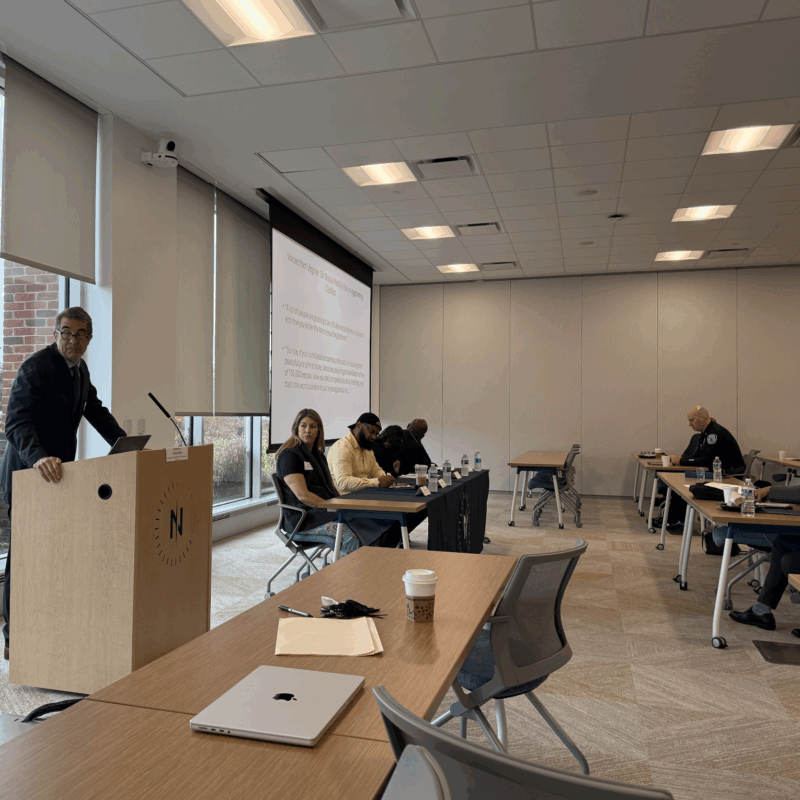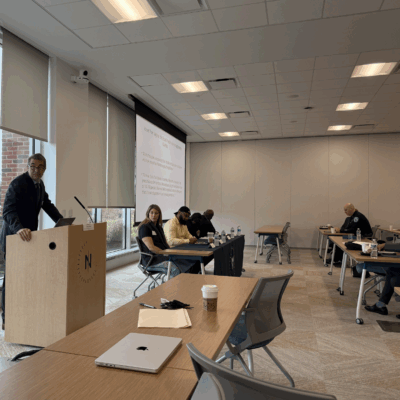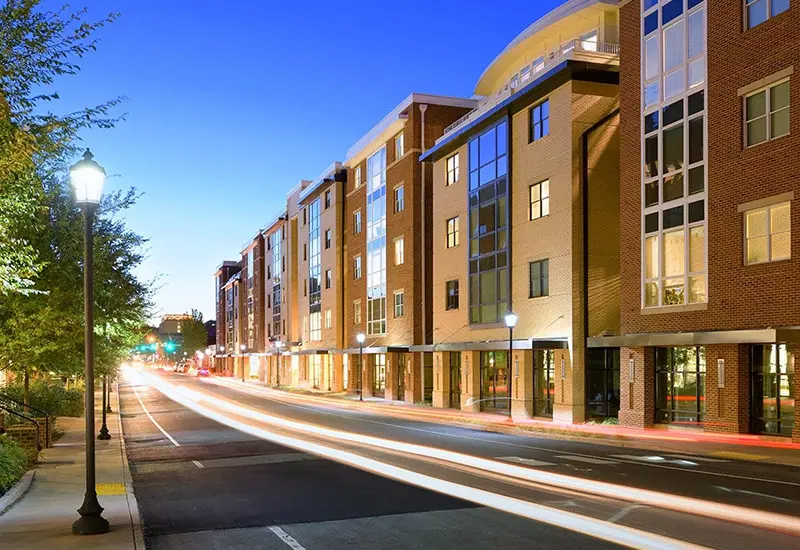UVA announced the biggest donation in its history, from hedge fund quant Jaffray Woodriff, with much pomp and circumstance, including an appearance by Governor Ralph Northam. But not everyone was happy with the McIntire alum’s decision to spend $120 million on a School of Data Science.
Some feel Woodriff’s donation could have served better causes. “One of the most important steps that @UVA can take to repair its relationship with black Charlottesville is to pay everyone who works for the university a living wage,” John Edwin Mason, associate professor of history at UVA, wrote on Twitter.
“There’s nothing fundamentally wrong with a $120 million gift or school for data science,” Mason says in a follow-up conversation. “But UVA has been one of primary drivers of racial inequality, prospering off the impoverishment and displacement of African Americans. And here comes a new school of data science announced as if it’s oblivious to this much more urgent conversation.”
When asked about the criticism, William Foshay, executive director of the private foundation through which Woodriff and his wife made the donation, said Woodriff “is a domain expert of data science, and he pursues philanthropy in the area he knows the most about.”
Michael Payne, a Democratic candidate for City Council, says the donation “should start a conversation about the role UVA plays in the community.” And he’s critical of Woodriff’s plans to remake the western end of the Downtown Mall. “He purchased the Main Street Arena, which had an ice rink, and Escafe, which was a big space for LGBTQ community for many years, so he could make room for office space for startups he’s invested in,” Payne says.
Some UVA students expressed frustration as well.
Veena Ramesh, a second-year computer science student, worries the school could overwhelm existing programs. “The [new data science] school will have to heavily rely on the statistics and computer science departments,” she says in an email. Since “these two departments are underfunded and stretched too thin, having an entire school rely on the expertise these professors have is an insane request.”
Other critics have framed Woodriff’s donation as the latest in a series of contributions that ultimately benefit him or people of similar status. Referring to tax filings from the Quantitative Foundation, Matthew Gillikin points out on Twitter that most of Woodriff’s charitable giving has gone towards private schools, squash facilities, and UVA.
“All educational organizations the foundation has contributed to have personal connections with the family,” says Foshay. “Merrill is an educator, so she focuses on educational philanthropy.”
Woodriff previously attracted controversy in 2013 after donating $12.4 million to UVA to build a squash center at the Boar’s Head Sports Club. Although the resort is owned by UVA and grants students open access, its three-mile distance from Grounds has effectively limited the court to UVA’s official squash team, which is almost entirely composed of white students from affluent areas of the Northeast.
Cory Runkel, a third-year economics student, confronted then-UVA executive VP and chief operating officer Pat Hogan about the squash donation in a private meeting held by the Living Wage Campaign at UVA on April 16, 2018. “Hogan said the university had asked if the $12 million grant could be used for another purpose, but the donor was adamant that it be used for the squash center,” says Runkel.
“Squash is Woodriff’s avocation,” says Foshay.
Runkel, the current treasurer of the Living Wage Campaign at UVA, says, “If you have $120 million, it’s up to you to spend it. I would hope you don’t spend it making new consultants.”





